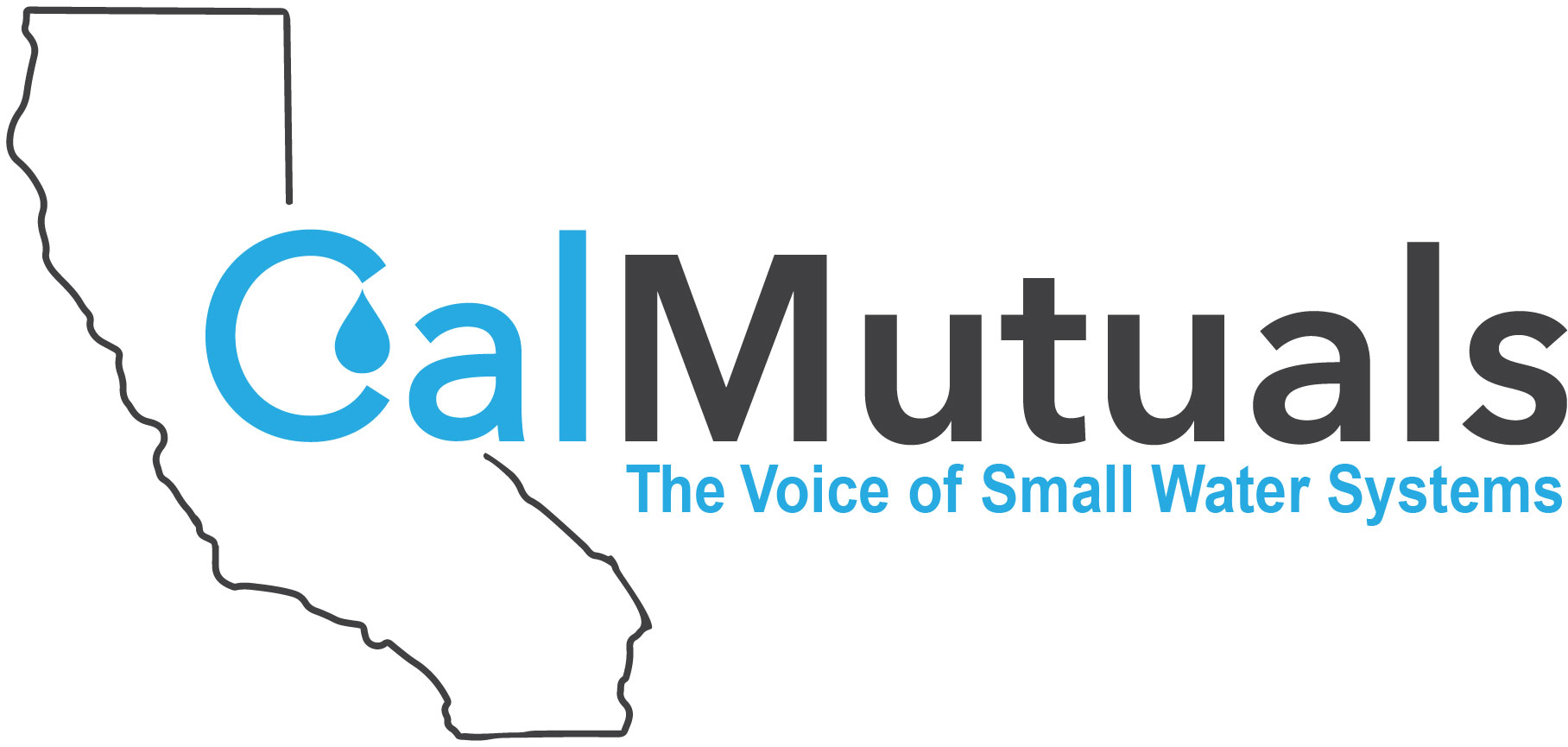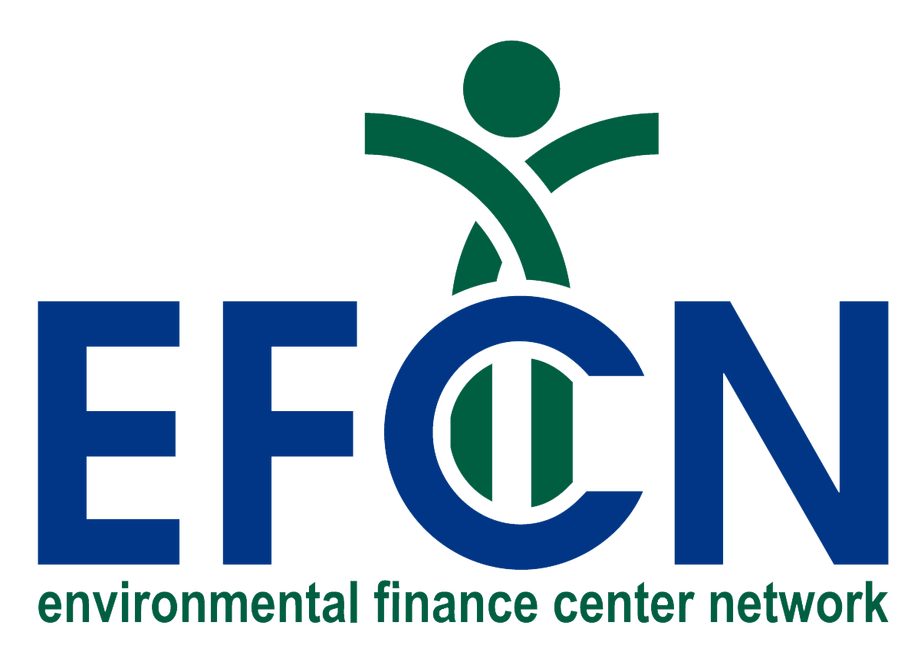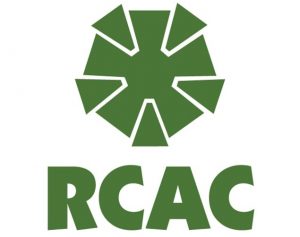EFCN – Wellhead Protection
Webinar OnlyDescription: In this 1-hour webinar, experts from the Great Lakes Environmental Infrastructure Center (GLEIC) will discuss source water protection for drinking water wells, including: The purpose of the multiple-barrier approach How to calculate the zone of influence around groundwater sources using the EPA simplified method Activities that should be limited or prohibited in a wellhead protection area How contaminant plumes are formed and monitored And more! Presenter: Gregory Pearson, Water & Wastewater Trainer, Great Lakes Environmental Infrastructure Center at Michigan Technological University Certificate: This webinar has NOT been submitted for approval of continuing education credit. We can provide a certificate of attendance to eligible attendees, but cannot guarantee it will meet your PDH or CEU requirements. Who Should Attend: Managers, owners, and operators of water systems serving less than 10,000 people Decision-makers for water utilities, including mayors, financial officers, utility managers, public works directors, city councilors, board members, tribal council members, and clerks Consultants and technical assistance providers serving water systems



